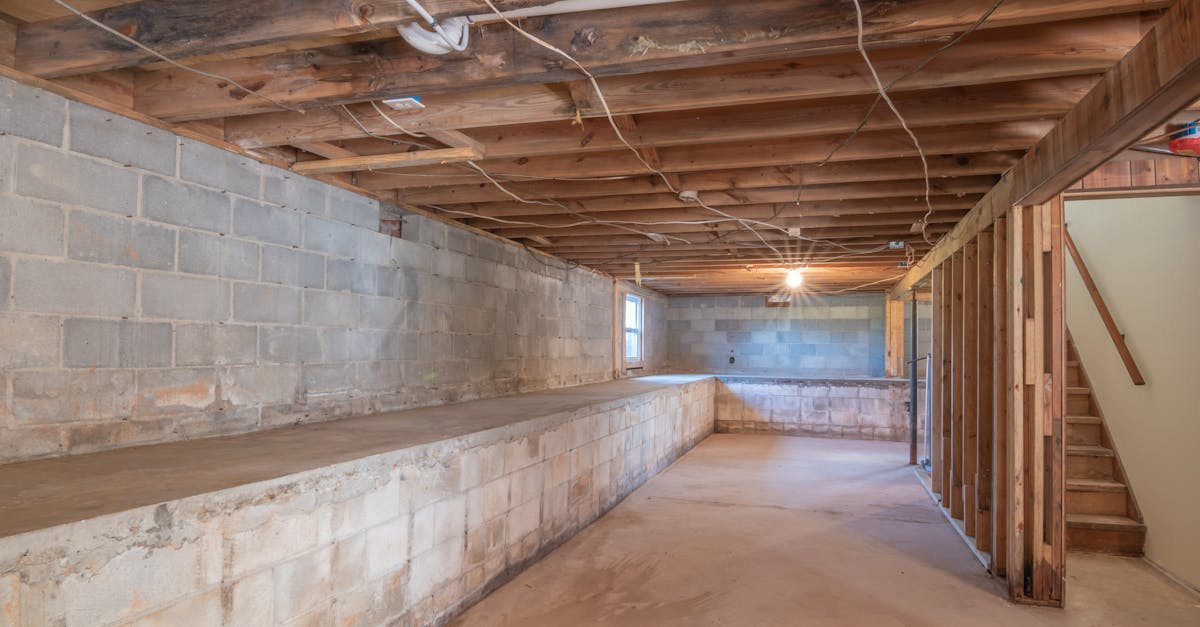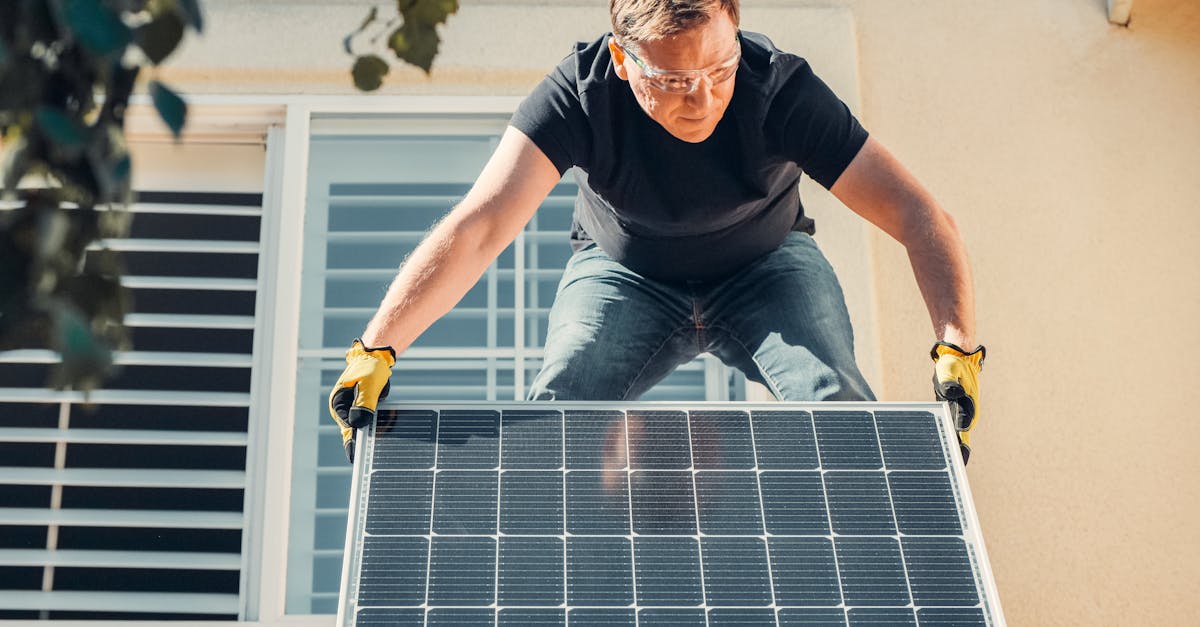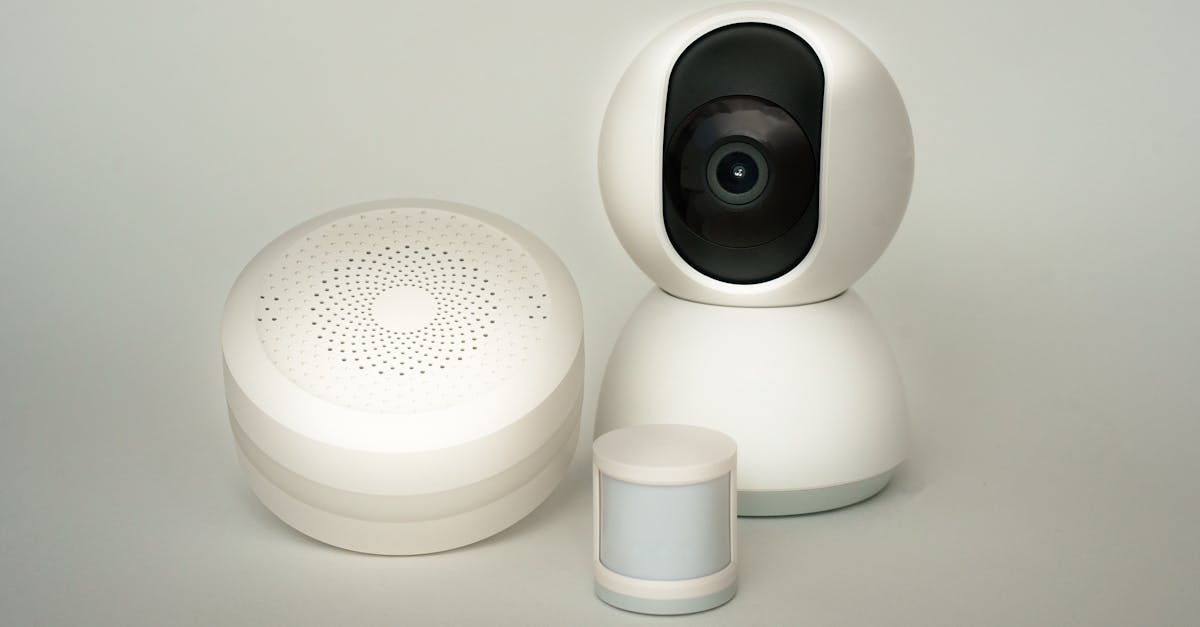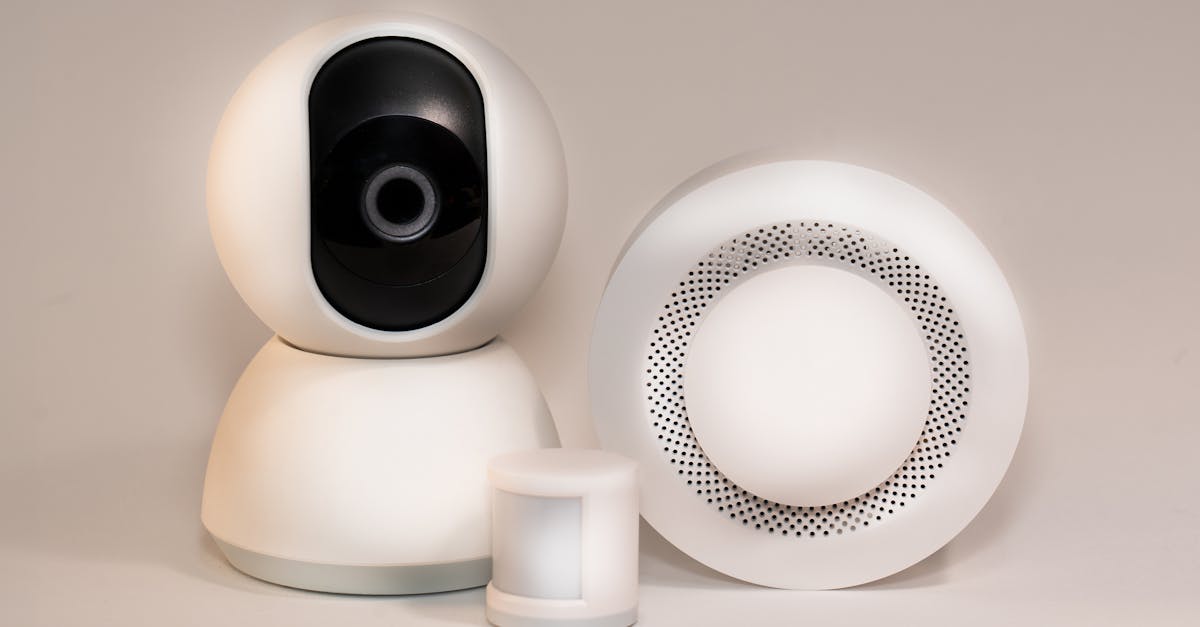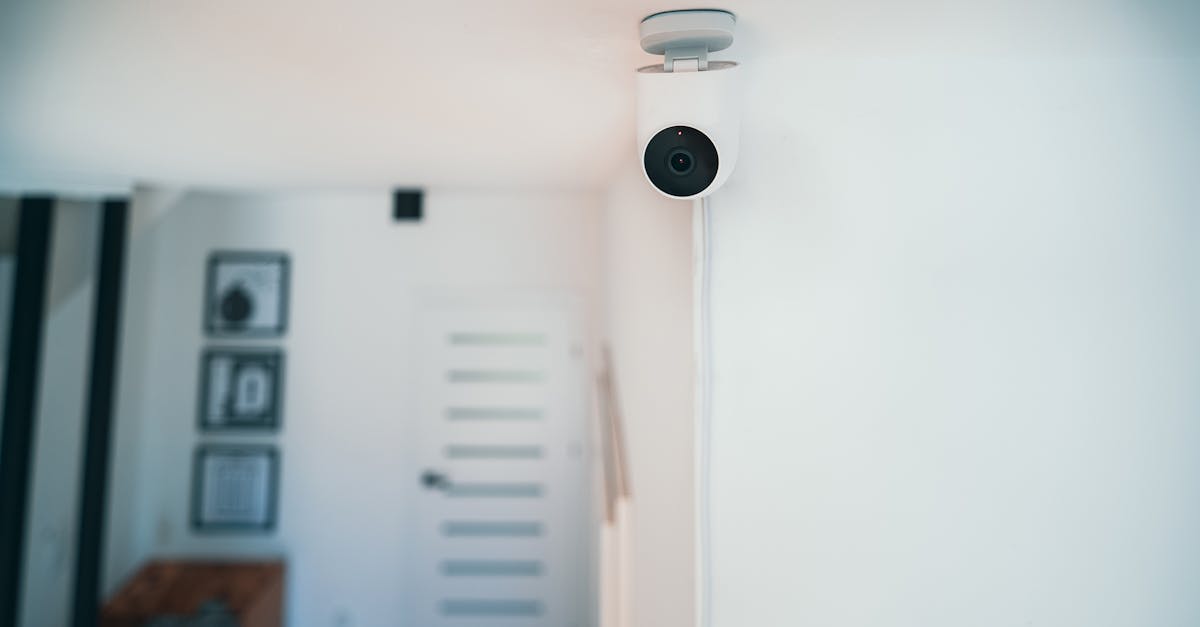How to Improve Your Home's Energy Efficiency
Introduction
As the world becomes increasingly conscious of its energy consumption, making homes energy-efficient has never been more vital. Becoming energy-efficient cuts costs and reduces environmental impact. This article will guide you through effective strategies to improve your home's energy-efficiency.
Advertisement
Upgrade to Energy-Star Appliances
Household appliances account for a significant portion of a home’s energy consumption. Consider replacing outdated appliances with Energy-Star certified ones as they consume significantly less energy. Over time, this switch will result in substantial savings on your utility bills.
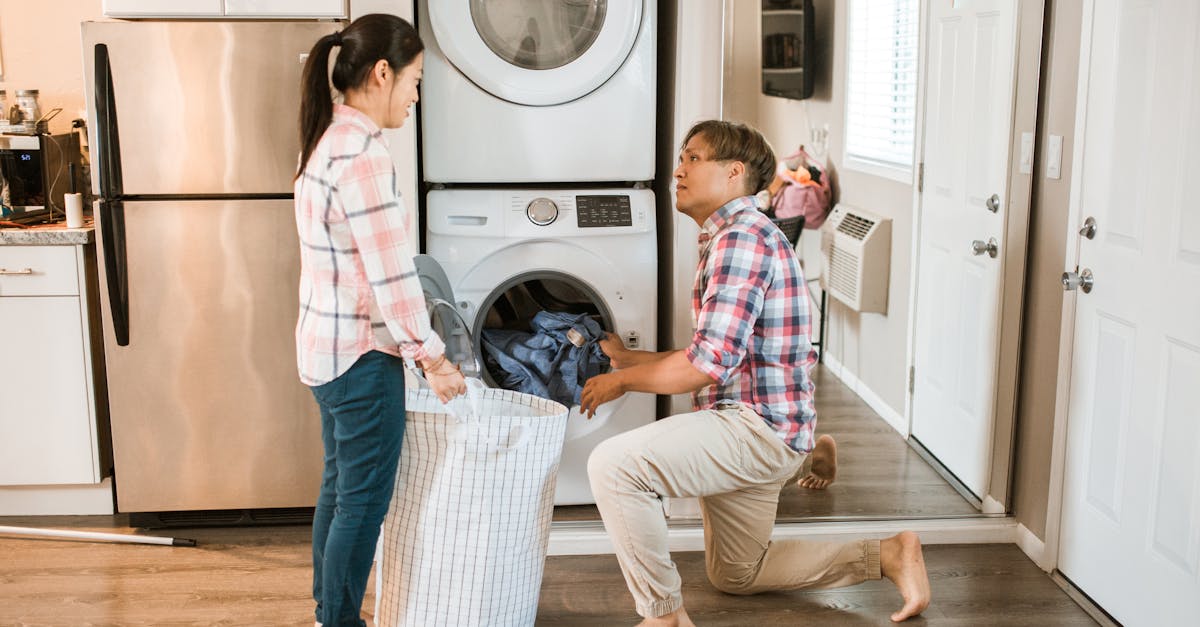
Advertisement
Improve Insulation
Investing in proper insulation is fundamental for maintaining indoor temperatures. Seal air leaks and use high-quality insulation materials in your attic, walls, and floors. Proper insulation ensures minimal use of heating and cooling systems, thereby saving energy.
Advertisement
Install Energy-Efficient Lighting
Switching to LED or CFL bulbs is an easy yet effective way to make your home more energy-efficient. These bulbs use less power and last longer than traditional incandescent bulbs. Consider installing dimmers and motion sensor lights for additional energy savings.
Advertisement
Seal and Repair Windows and Doors
Windows and doors are common sources of energy loss due to drafts. Check for any leaks or gaps and seal them with weather-stripping or caulking. Adding double-glazed windows or storm doors can greatly enhance your home's insulation and energy efficiency.
Advertisement
Adjust Your Water Heating Usage
Water heating is a sizable energy expense in many households. Insulate your water heater and pipes to prevent heat loss. Additionally, reduce the thermostat setting on your water heater to about 120°F to increase efficiency without compromising comfort.
Advertisement
Consider Smart Thermostats
Investing in a smart thermostat can significantly contribute to energy savings. These devices learn from your habits and adjust the heating or cooling systems accordingly. Remote access allows you to control temperatures even when you're not home, optimizing energy use around your lifestyle.
Advertisement
Embrace Solar Energy
Installing solar panels is a more ambitious but highly effective energy-saving strategy. Solar energy offers a renewable and sustainable source of power. While the initial investment may be high, you will save considerably on electricity bills and possibly even earn from selling surplus energy.
Advertisement
Implement Efficient Landscaping
Thoughtful landscaping can contribute to energy savings by providing natural shading and windbreaking. Plant trees strategically around your home to block intense summer sunlight or act as windbreakers during windy seasons. This decreases the need for air conditioning and heating.
Advertisement
Conclusion
In conclusion, increasing your home's energy efficiency is both a cost-effective and environmentally responsible decision. Whether by upgrading appliances, improving insulation, or adopting smart technologies, these changes will lead to lower energy bills and a reduced carbon footprint. Make the shift today to enjoy a more efficient and sustainable home environment.
Advertisement
